Gardening is already a move towards living more sustainably. However, there are always more ways to make your gardening more eco-friendly. You may find it surprising how many traditional gardening practices can take a toll on the environment. You can easily make a zero-waste gardening strategy that benefits the planet. Here’s how to make low-impact, eco-conscious choices that support a more sustainable gardening lifestyle.
Choose Biodegradable or Reused Containers
Plastic plant pots are one of the biggest sources of waste in gardening. Instead of buying new ones, reuse containers you already have or seek out biodegradable options made from coconut husk, compressed paper, or bamboo. You can also repurpose items like tin cans, mason jars, or old buckets—just be sure to add drainage holes.
Use Homemade Compost Instead of Store-Bought Fertilizer
Composting your kitchen scraps, lawn clippings, and leaves reduces landfill waste and provides rich, organic matter to feed your garden. Homemade compost is a zero-waste swap that not only nourishes your plants naturally but also keeps valuable nutrients in your local ecosystem. Consider setting up a small compost bin or pile, even in a small yard or balcony garden.
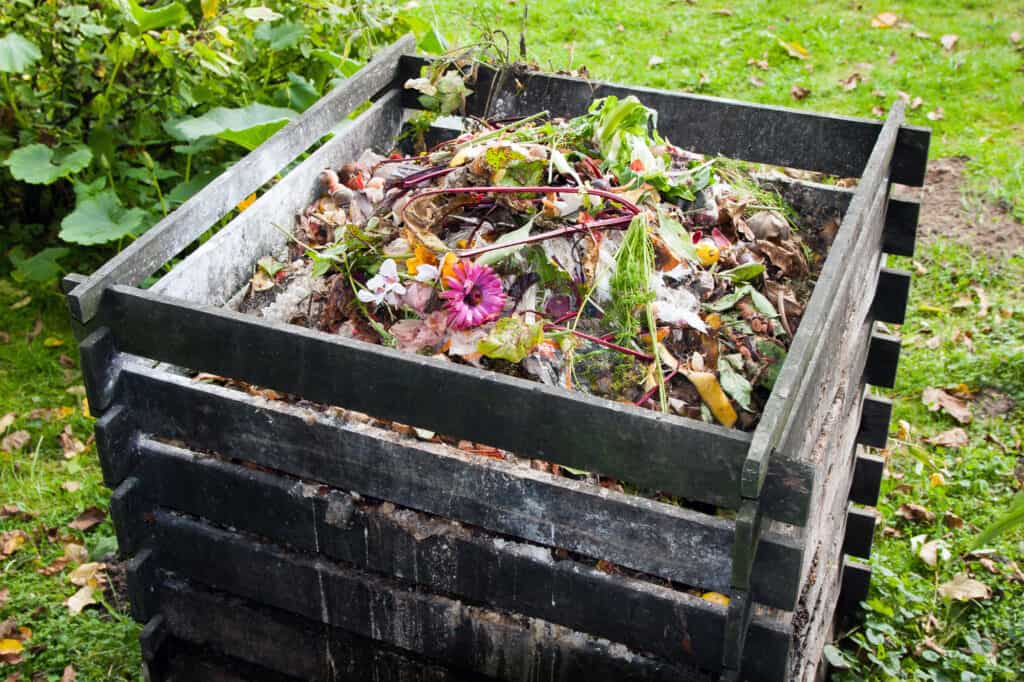
Trade Synthetic Tools for Durable, Long-Lasting Alternatives
Many inexpensive gardening tools are made from low-quality plastic that breaks quickly and ends up in landfills. Opt for metal or wooden tools that are built to last, and take care of them by storing them properly and cleaning them after each use. You can often find high-quality, gently used tools at thrift shops or garage sales.
Replace Synthetic Mulch with Natural Materials
Instead of using plastic weed barriers or rubber mulch, consider natural alternatives like straw, grass clippings, shredded leaves, or bark. These materials break down over time, enriching the soil while suppressing weeds and retaining moisture. They’re not only better for the environment but also help create a healthier, more balanced garden ecosystem.
Start Seeds Without the Waste
Skip the plastic seed trays and peat pods by starting seeds in DIY containers like egg cartons, toilet paper rolls, or newspaper pots. These items are compostable and can go directly into the soil once your seedlings are ready to be planted, reducing waste and root disturbance in the process.
Collect and Reuse Rainwater
Installing a rain barrel is a smart and sustainable way to water your garden. It reduces reliance on treated tap water and lowers your water bill, especially during dry months. Use it to fill your watering can or attach a hose to distribute water more efficiently.
Look for Native Plants and Companion Planting
Choosing native plants helps reduce the need for excessive watering, fertilizers, and pesticides. They’re adapted to your region’s climate and tend to thrive with less maintenance. Pair them with companion planting methods to naturally deter pests and enhance growth without relying on chemical solutions.
Conclusion
Creating a zero-waste garden is all about being mindful and making small changes that add up to a big environmental impact. By swapping out single-use items and synthetic materials for reusable, compostable, or natural alternatives, you can build a garden that’s not only beautiful and productive—but also sustainable and kind to the planet. With each conscious choice, you’re helping to create a greener, healthier future from the ground up.

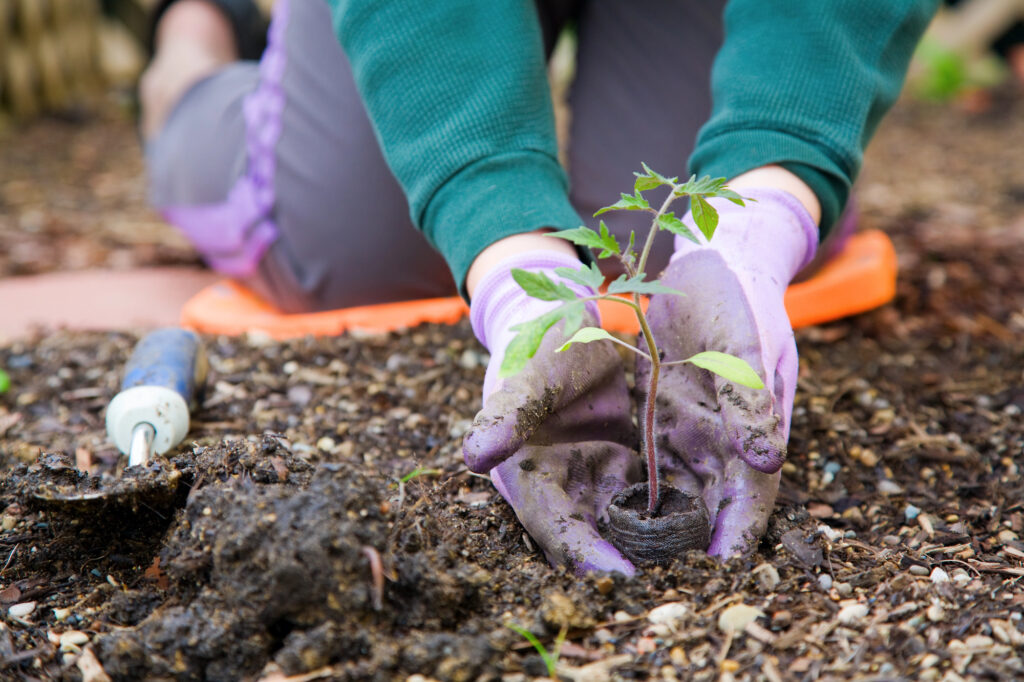
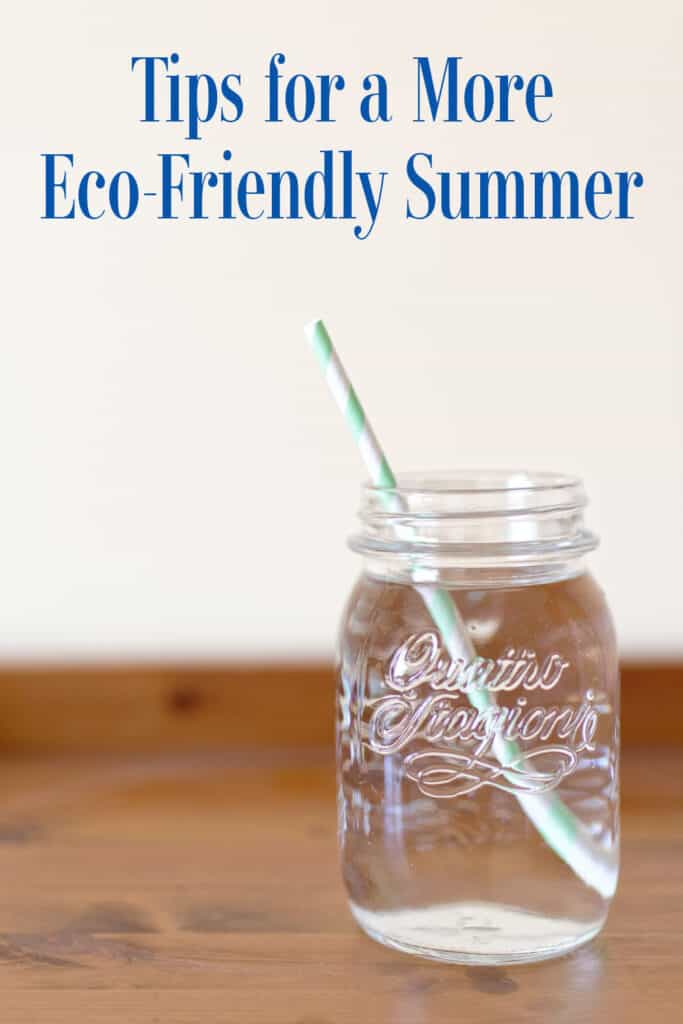
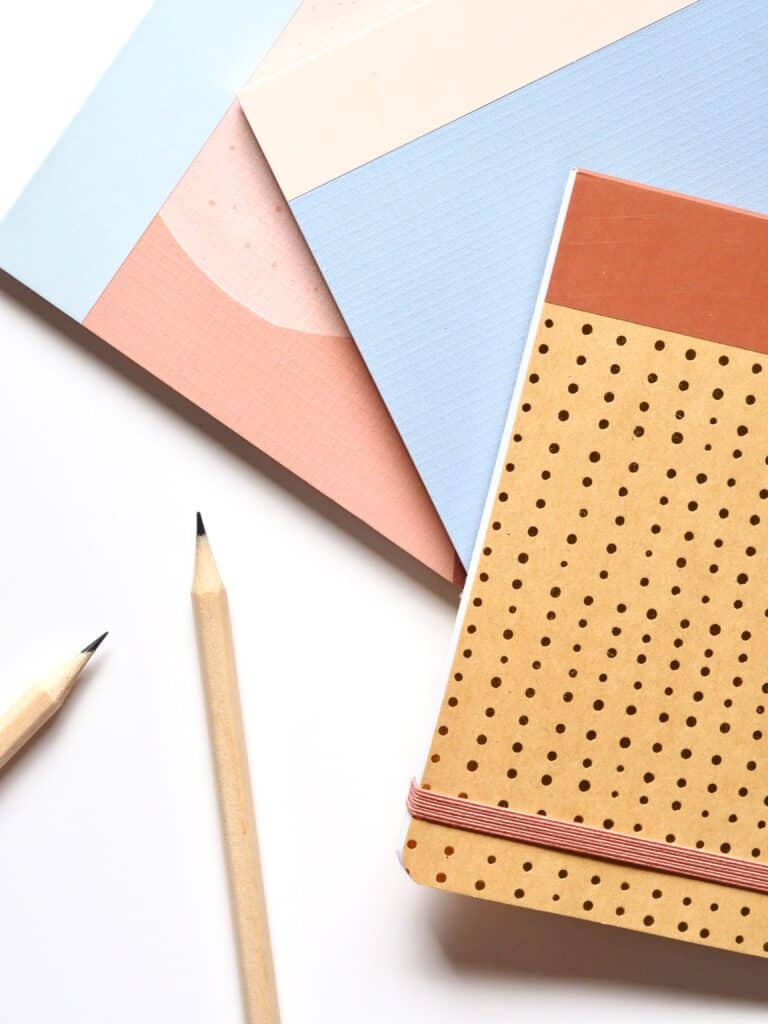
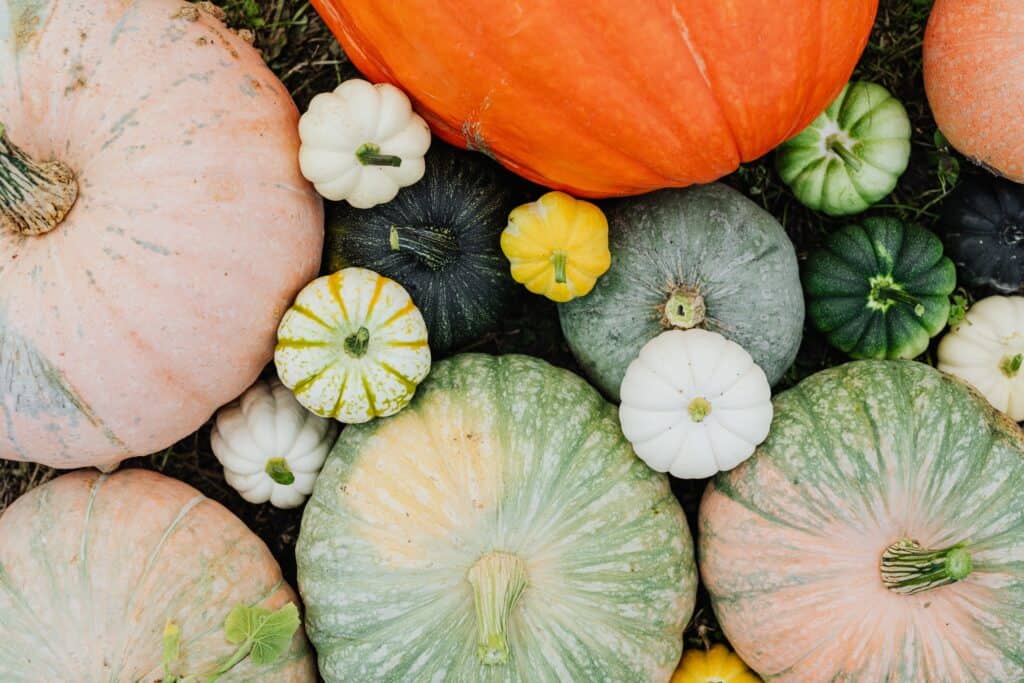

I need to try this out. I need to stop being so dang wasteful. I love the natural approach.
I really wish that I could have a garden. But my landlord doesn’t allow it. I always loved eating fresh vegetables from my grandparents and my mom’s garden when I was growing up. I miss those days.
These are great points, and I think I need to start changing my old ways of doing my garden. I will definitely follow these ideas!
I absolutely love these zero-waste garden swaps; replacing single-use plastic plant pots and seed trays with biodegradable or repurposed options is a simple change with a huge impact. Thanks for the practical, eco‑friendly inspiration!
I am happy that there is someone who is still following and make a ways to follow the sustainability because this is what our world needs to heal.
What a super informative post! I’m definitely going to implement some of these zero-waste swaps in my own outdoor space.
I love finding new ways to reduce waste in the garden, and these swaps are so doable. It’s amazing how small changes can make such a big difference.